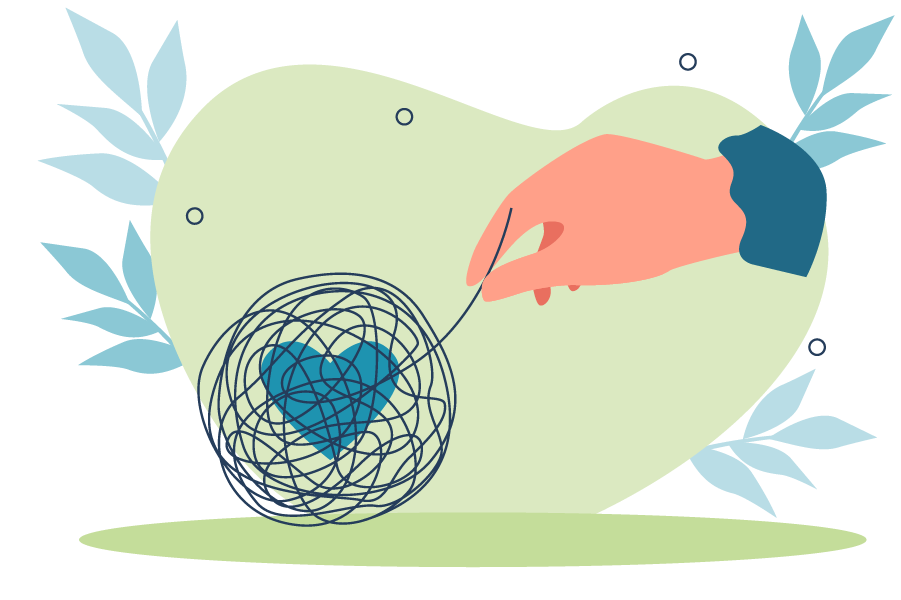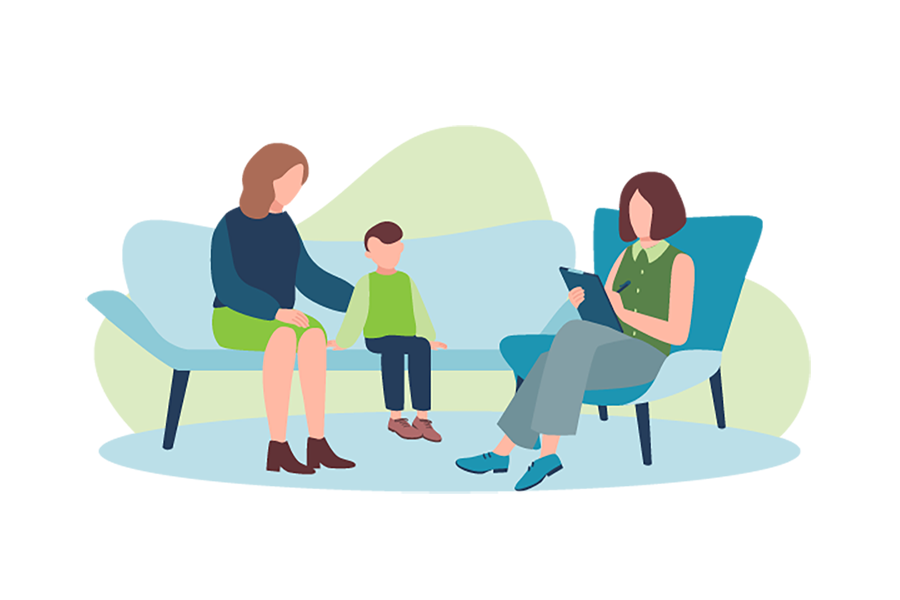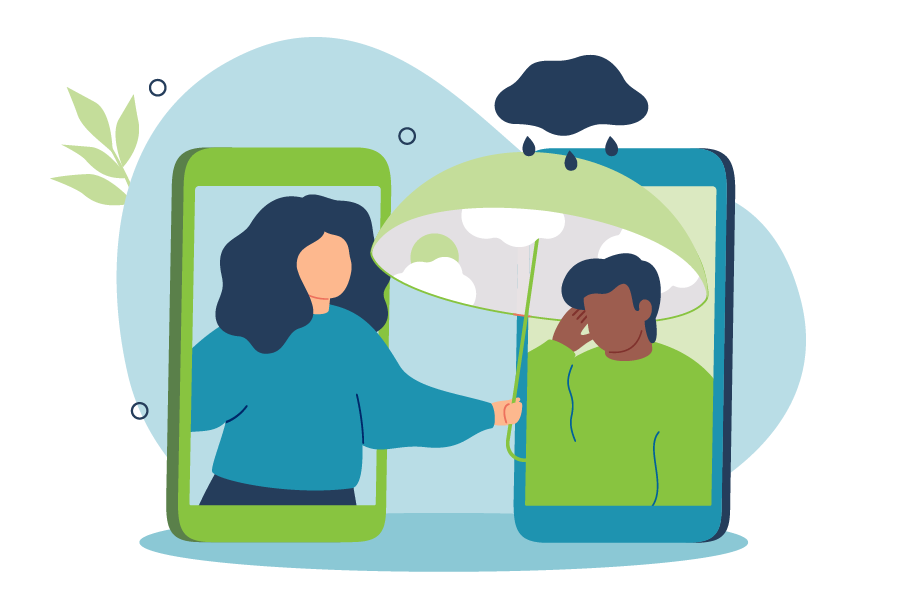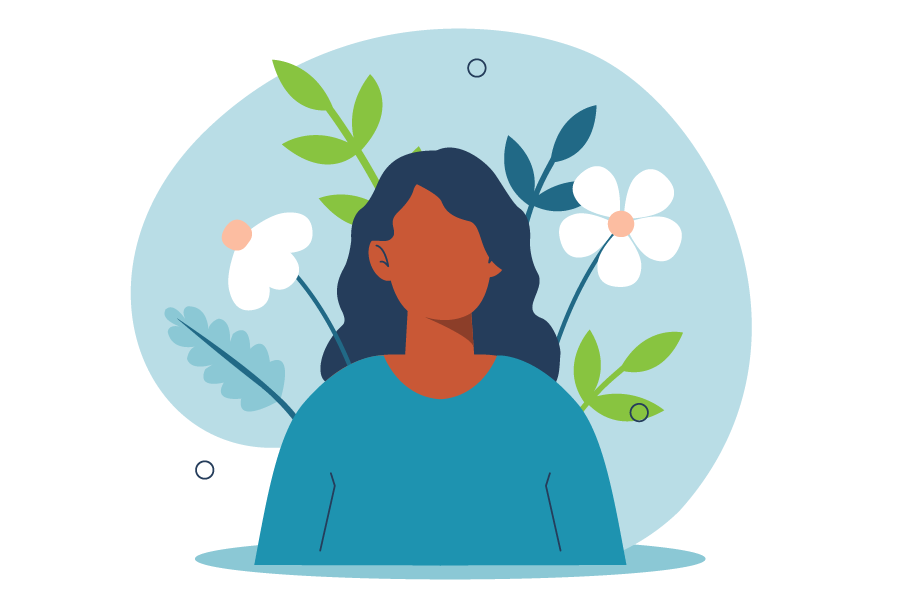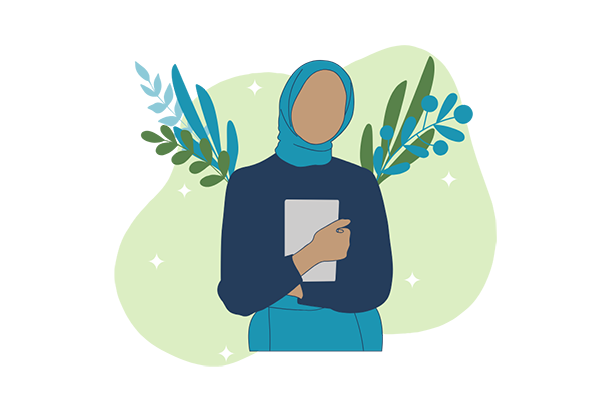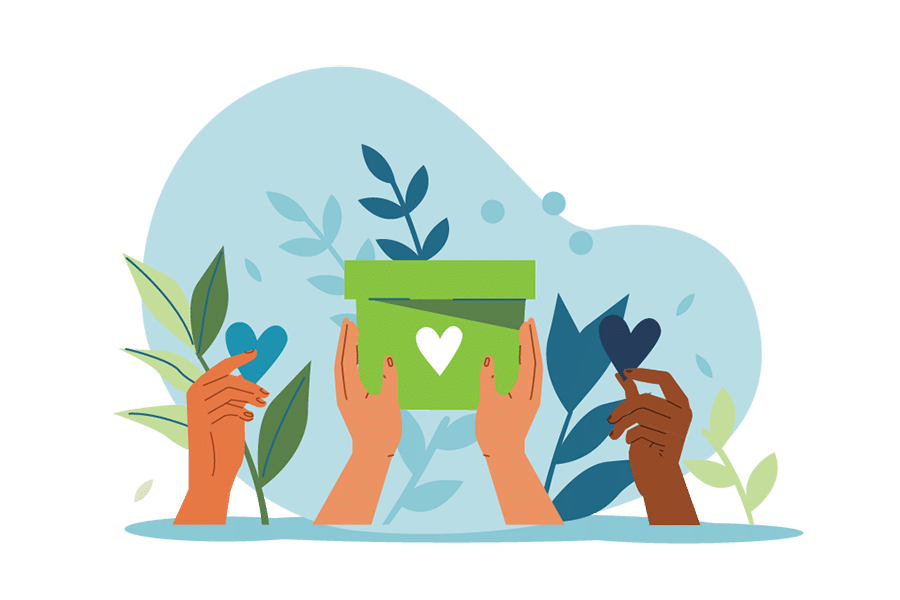Domestic abuse is a pattern of coercive and controlling behaviour aimed at establishing power and control over an intimate partner.
Domestic abuse can take various forms, and is not limited to physical violence; it can also be emotional, psychological, financial, and sexual abuse.
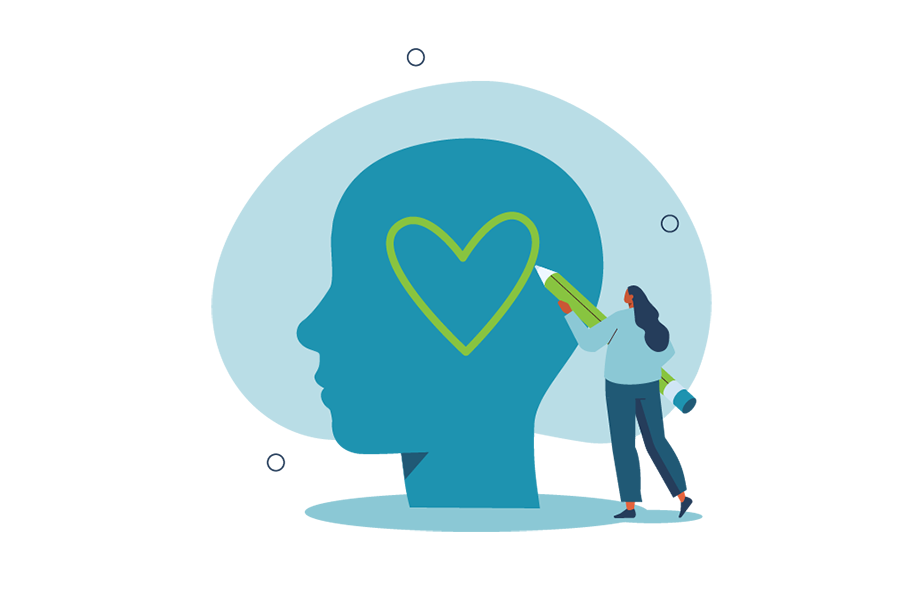
Physical Abuse
Physical abuse involves using force to cause harm or injury. This can include, but isn’t limited to:
- Hitting
- Slapping
- Punching, or any form of physical aggression
Emotional and Psychological Abuse
Emotional abuse is less visible but equally harmful. It includes behaviours that undermine someone’s self-worth, such as:
- Constant criticism
- Putting them down
- Making them feel bad about themselves
- Name calling
- Making them think they’re ‘crazy’
- Playing mind games
- Guilt tripping
- Manipulation
- Humiliation
- Psychological abuse aims to control the victim’s thoughts and emotions, often affecting their mental health.
Isolation
Controlling what somebody does, who they see, and where they go can severely damage their mental health. This includes:
- Limiting people to outside involvement
- Using jealousy to justify actions
Using Intimidation
Intimidating somebody is to make them afraid by using looks, actions, and gestures, and can include:
- Smashing things
- Destroying property
- Abusing pets
- Displaying weapons
Minimising, Denying and Blaming
This often involves making light of the abuse and not taking their concerns about it seriously, and can include:
- Saying the abuse didn’t happen
- Shifting responsibility for the abusive behaviour
- Saying they ‘caused it’
Gaslighting
Gaslighting is a form of psychological abuse, and is when somebody discredits someone’s memories, perception, and sanity by:
- Denying what they say
- Lying
- Spreading false information
- Manipulating them into questioning their own beliefs
Using Children
A parent using their child to emotionally abuse a partner can include:
- Making them feel guilty about the children
- Using the children to relay messages
- Using visitation to harass them
- Threatening to take the children away
Using Male Privilege
Male privilege is a system of advantages or rights that are available to men on the basis of their sex. Using this against a partner can look like:
- Making all the big decisions
- Acting like the ‘master of the castle’
- Being the one to define men’s and women’s roles
Financial Abuse
Financial abuse is controlling someone’s financial resources, limiting their access to money and therefore their independence. This form of abuse can look like:
- Withholding funds
- Preventing employment
- Coercing financial decisions
- Not giving access to family income
Sexual Abuse
Sexual abuse involves unwanted sexual acts or coercion against someone’s will. It is a violation of personal boundaries and can have severe long-term consequences on the victim’s mental and emotional well-being.
Digital Abuse
Digital abuse can look like:
- Continuously monitoring someone’s online activity, for example through their social media or email.
- Using online platforms to abuse an individual
- Using GPS software to track an individual’s movements
- Online stalking and harassment via platforms such as emails
Post Separation Abuse
Post Separation Abuse occurs once a relationship has ended, and is often in the form of:
- Coercive control
- Allegations
- Abusive parenting
If you can see some of these behaviours in yourself, you’ve done the right thing in getting help. It’s not too late to use your strength to change, not control.
Our change programmes can give you the information and tools you may need to change your life.
We can help you to build healthier relationships in your life, identify your triggers and behaviour patterns, and ultimately move on from your abusive behaviour for good. For your partner, for your children, for you. Find out more about the support on offer.
Use your strength to change
If you’ve read these impacts of abuse and think that your behaviour is harmful, you’re in the right place.
We know acknowledging your harmful behaviour can be difficult, but reaching out for help to change shows strength and motivation. You can do this, and we’re here to help.
The support available through Freeva’s Jenkins Project is designed to help people just like you. We can provide guidance and advice on how to change your behaviours, and work to help you build healthier, more respectful relationships.
Our non-judgmental support is available for you. You can find out more about the support available here, or get in touch with us today.

